Coronavirus – responding like Jesus
 It is hard to have missed the news that coronavirus is a big thing. Government guidance and press conferences every few days; headlines screaming about the risks; editorials debating about the effectiveness of the Government’s measures; all bombard us daily.
It is hard to have missed the news that coronavirus is a big thing. Government guidance and press conferences every few days; headlines screaming about the risks; editorials debating about the effectiveness of the Government’s measures; all bombard us daily.
We see the news from China, Italy and South Korea, with whole cities on lockdown, and wonder if this is what will be happening in our hometowns in the coming weeks.
We see the empty supermarket shelves as panic buying frenzy sweeps the nations. Seriously, who needs that much toilet paper, even in an emergency?
We hear about governments in other nations acting decisively and drastically or dithering and operating in an advanced state of confusion. The strengths and weaknesses of various public health systems are being exposed for all to see.
It leads us to ask, ‘Will I be OK? What about my children, my parents or grandparents? Will I still be able to work or to go on holiday? Will my kids’ schools be closed, and how will I look after them? Will my employer or my own business survive the economic pressures?‘
We can debate in detail whether the current UK measures are sufficient or too draconian until the cows come home. Others are writing on this. Suffice to say that if you want to know what the latest advice is from the Government, check out the official UK Government COVID-19 Advice site and the NHS 111 COVID-19 advice page. Get informed, keep abreast of what is actually going on, and stay away from the websites promoting conspiracy theories and peddling fear and misinformation!
But how should we respond as Christians?
Our focus should always be foremost on Christ’s greatest commandments, to love God with all our heart, soul, mind and strength and to love our neighbours as ourselves. (Mark 12:29-30)
Loving God means laying aside fear and anxiety – he is in control. Jesus warned us that things like this would happen and not to be anxious, but to recognise them as signs of creation’s groaning as it awaits his coming.
We love our neighbours by being more concerned about their welfare than our own. How can we protect others by our own actions? How can we support neighbours forced to self-isolate? Do they need shopping brought to them? Would they value a phone call just to let them know that they are not on their own? Be the voice of encouragement and comfort to those who are lonely, anxious and afraid.
How do we support those in the health and social care frontline? Those who are likely to be the most exposed to the virus are also those caring for and protecting the most vulnerable. They will also need support, as they juggle the huge pressures and difficult, day-to-day decisions in an already overstretched health system. Again, just a phone call or a text to say you are thinking of them and praying for them and to let them know you stand ready to help in whatever way you can.
Panic buying loo-roll and hand sanitizer is not loving God or our neighbour. It is giving in to fear. Checking on our elderly neighbours, washing hands, self-isolating if we think we may be unwell, supporting NHS and social care workers, is.
We need above all to be kind, not fearful.
Finally, we love God and neighbour by praying:
- For the vulnerable; our elderly neighbours, those with serious health problems. But also remember those living in extreme poverty around the world, in slums and barrios, where self-isolation is not really possible, and access to healthcare is limited.
- For those who are anxious and afraid, some without good cause, others with very good reason. Pray for reassurance and be prepared to be the one who gives that reassurance.
- For health workers – those on the frontline in A&E departments, medical wards, ITUs, GP surgeries and community health services. For protection for their own health, and as they seek to manage care and services that will become even more overstretched in the coming months.
- For NHS and Social Care managers, who will have to make hard decisions to ensure essential services are still running and that the most vulnerable receive the care that they need.
- For care workers in nursing homes and in the community. Many are on zero-hours contracts, so balancing the need to earn money with the protection of the vulnerable for whom they are caring.
- For those in Government and the public health services, as they make choices about when and how to escalate measures to slow the spread of the virus.
In the third century AD, as plague swept the cities of the Roman Empire, it was the Christians that stayed and cared for the sick, even for those who had been persecuting them. Sometimes at the cost of their own lives. It changed the world because no-one had ever acted like this before. Are we prepared to be as Christlike in our own response today?
Join with us at 19:00 (7 pm UTC) each day to pray for frontline workers, our nation and the world as we deal with the COVID-19 pandemic at #COVID1900Prayer



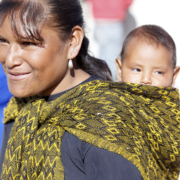
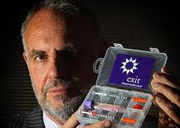

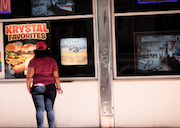
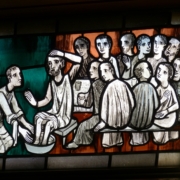
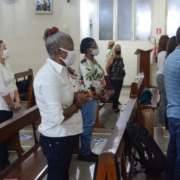



Leave a Reply
Want to join the discussion?Feel free to contribute!